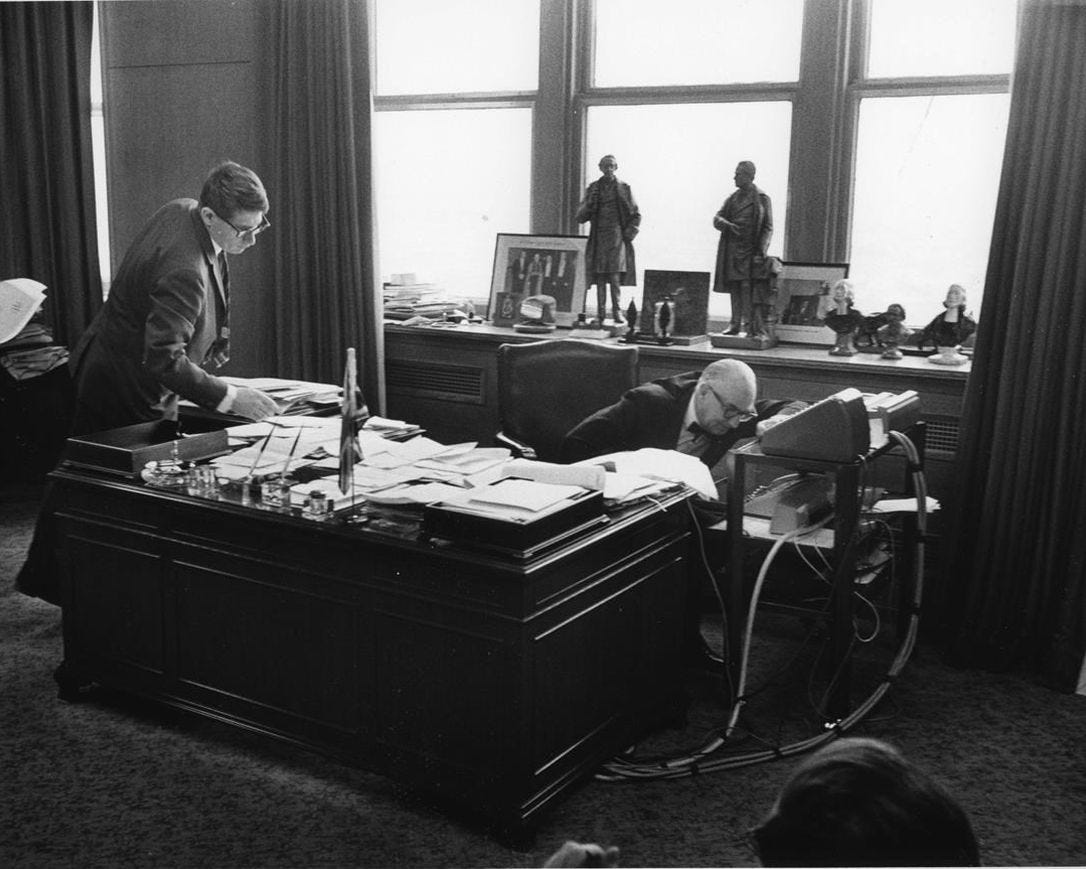There are no shortages of biographies of Edward Roberts. Anyone who wants to know the official version of his life can find it easily on the Internet or in the local library. There is no way that anyone can be as active in public life as Roberts was for more than half a century without leaving traces everywhere.
There will also be no shortage of tribute…
Keep reading with a 7-day free trial
Subscribe to Bond Papers to keep reading this post and get 7 days of free access to the full post archives.



